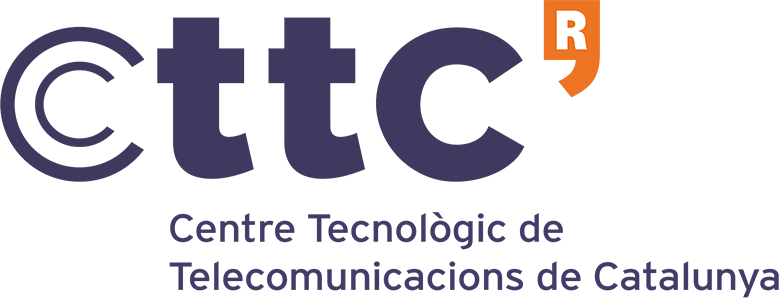ABSTRACT:
Reliable network measurements are a fundamental component of networking research as they enable network analysis, system debugging, performance evaluation and optimization. In particular, decoding the LTE control channel would give access to the full base station traffic at a 1 ms granularity, thus allowing for traffic profiling and accurate measurements. Although a few open-source implementations of LTE are available, they do not provide tools to reliably decoding the LTE control channel and, thus, accessing the scheduling information. In this talk, we present OWL, an Online Watcher for LTE that is able to decode all the resource blocks in more than 99% of the system frames, significantly outperforming existing non-commercial prior decoders. Compared to previous attempts, OWL grounds the decoding procedure on information obtained from the LTE random access mechanism. This makes it possible to run our software on inexpensive hardware coupled with almost any software defined radio capable of sampling the LTE signal with sufficient accuracy. The talk will be followed by a short demonstration of the tool, in which a live capture of the LTE signal will be analyzed in real time to show the average resource utilization and data rate for both the uplink and the downlink channel. The analysis will be shown together with a spectrogram of the downlink channel.
SPEAKER:
Nicola Bui is a research engineer at IMDEA Networks and PhD candidate at the University Carlos III of Madrid. His current research focuses on anticipatory networking for 5G networks. Within this scope, he lead the integration and assessment within the European project eCOUSIN. From 2006 to 2013, he has been CEO at Patavina Technologies, spin-off of the university of Padova developing embedded systems. At the same time he has been collaborating with Consorzio Ferrara Ricerche (CFR) and with the Department of Information Engineering (DEI) at the University of Padova. During this time, he contributed to many European and Italian projects such as e-SENSE, SENSEI, IoT-A, WISEWAI and SWAP, which covered different aspects of the Internet of Things, from basic sensor network communication to Internet integration and self-sustainable networks.
CTTC Auditorium / 10.00